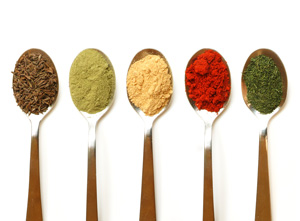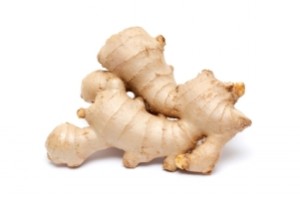 By Melissa Breyer for Care2.com
By Melissa Breyer for Care2.com
One year it’s this diet trend, the next year it’s that diet trend. The funny thing is that, aside from the all-celery and 8-grapefruits family of diets, all the smart diets end up saying pretty much the same thing: Eat bushels of fruit and vegetables, whole grains, less animal fat, and cut out refined foods. Genius!
Lately there’s been a flood of diet books based on the anti-inflammatory concept. The gist is that constant or out-of-control inflammation in the body leads to illness, and that eating to avoid constant inflammation inspires better health and can fend off disease. We generally think of inflammation as the painful part of arthritis, but inflammation is also a component of chronic diseases such as heart disease and strokes. Which is why proponents of the diet say it can reduce heart disease risk, keep existing cardiac problems in check, reduce blood triglycerides and blood pressure, and soothe sore and stiff arthritic joints.
Specifics vary from one anti-inflammatory diet to another, but in general, anti-inflammatory diets recommend:
- Eat plenty and a variety of fruits and vegetables.
- Eat little saturated and trans fats.
- Eat omega-3 fatty acids, such as fish or fish oil supplements and walnuts.
- Limit your intake of refined carbohydrates such as white pasta and white rice.
- Increase your consumption of whole grains such as brown rice and bulgur wheat.
- Limit (or quit) your consumption of red meat and full-fat dairy foods, increase lean protein and plant-protein source.
- Avoid refined foods and processed foods.
- Generously use anti-inflammatory spices.
By incorporating these herbs and spices into your diet, you get great flavors with healing properties. Researchers from the University of Michigan have found, for example, that basil has anti-inflammatory activity compared to ibuprofen, naproxen, and aspirin! (more…)











